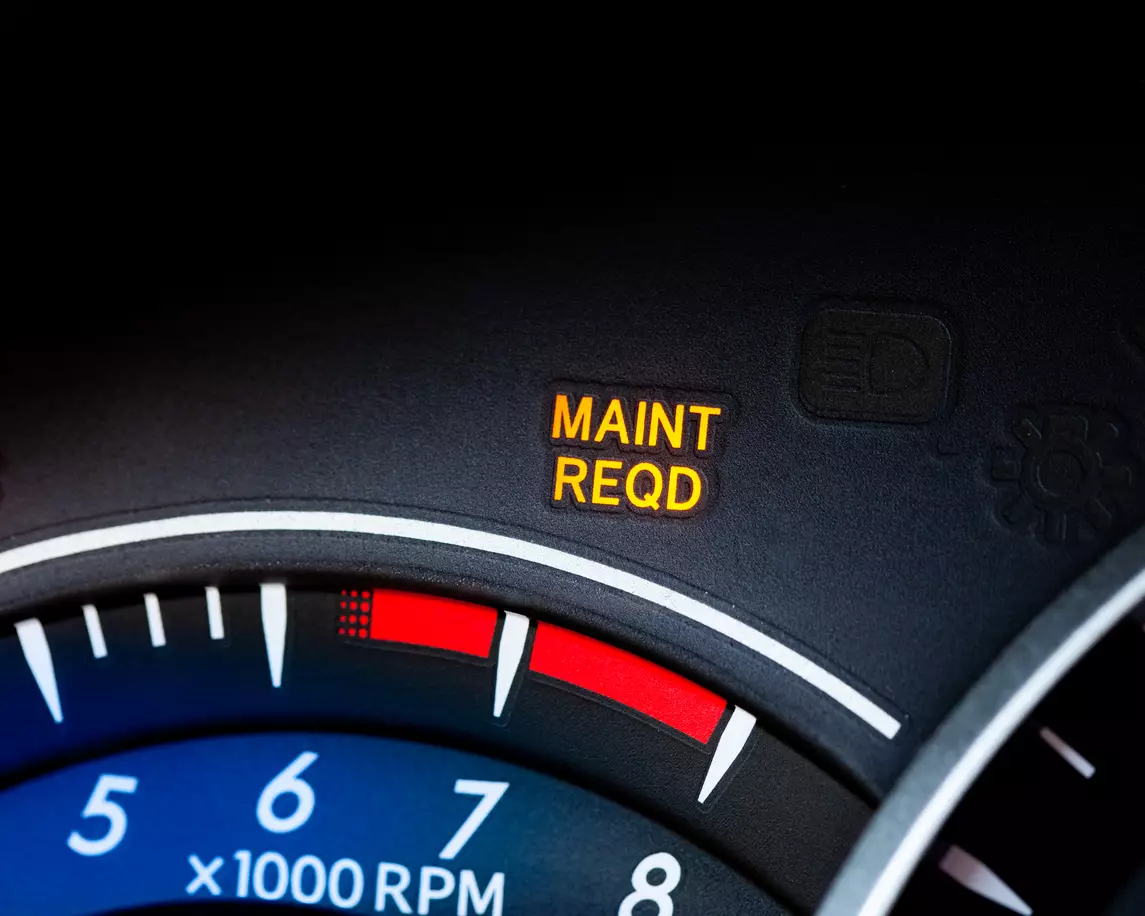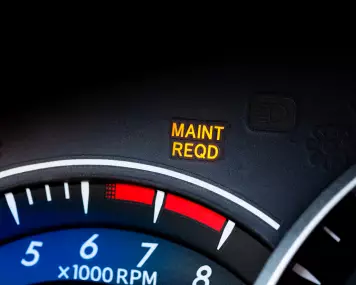
You may or may not have heard about points on your driver’s license, but when you get a speeding ticket or run a red light, you’re not just paying a fine—your driving record could take a hit with points on your license. Most states do use a point system to keep track of driving infractions, and if you earn too many, you could end up with a license suspension. It’s a system designed to keep the roads safer, and understanding how it works could save you from serious trouble down the line.
What Are Points On Your License?
Points on your license are demerit points assigned by most state law enforcement,and the Department of Motor Vehicles (DMV) to track of driving violations. These “points” serve as penalties for not following the rules of the road or breaking traffic law. The DMV keeps them on your driving record for a number of years, and some stay on indefinitely. If you earn a specific number of them, you may temporarily or permanently lose your driver’s license, depending on the severity of the infractions.
How Do Points on License Work?
You can earn points on your license for moving and non-moving violations. The purpose of the point system is to keep drivers safe by enforcing road rules. Each state has very specific driving laws, and the point system may vary greatly from state to state. Something that may earn you 1 point in a particular state, may be equal to 3 points in another area.
Points are assigned to each traffic violation. Therefore, depending on what you do, you may earn more or fewer points on your license. When drivers reach a certain number (based on state laws and the DMV), you may lose your driving privileges. These points stay on your driver record for a specific year period or forever.
Some infractions like drunk driving may mean the instant loss of your license, but the point system keeps track of smaller, more frequent things like parking violations, speeding, and other stuff. Depending on property damage and injuries, those points on your license could go up considerably.
States that Don’t Use Point Systems
There are eleven states that do not use a point system for driving infractions. Those are:
- Hawaii.
- Louisiana.
- Rhode Island.
- Illinois.
- Minnesota.
- Washington.
- Iowa.
- Mississippi.
- Wyoming.
- Kansas.
- Oregon.
Even though these eleven states do not use a points system, they do have traffic laws and keep track of all violations, and at some point, with enough of them, drivers may still lose their license.
How Many Points Can You Get On Your License?
The number of points you can accumulate on your license before facing consequences varies by state. In many states, reaching 12 to 15 points within a certain time frame, like 12 to 24 months, can result in a license suspension. However, some states have stricter or more lenient thresholds, with different time limits for how long points remain on your record. It’s important to check your state’s specific rules to understand the limits and avoid potential penalties.
Examples of Point Violations
Each state has different rules for the number of points. There may be differences within each violation; for example, speeding earns you points based on how fast you are going. Some examples from across the country of driving violations and their associated points are:
- Not stopping at a stop sign or red light.
- Traffic ticket.
- Improper passing.
- Failure to stop for a school bus.
- Illegal U-turns.
2 Points
- Reckless driving or careless driving.
- Not stopping for the police.
- Driving over 100 mph.
3 Points
- Disobeying traffic signals or signs.
- Hit and run accident or fleeing the scene of an accident.
- Talking on a cell phone while driving.
4 Points
- Tailgating.
- Speeding 11-20 mph over the speed limit.
5 Points
- Texting and driving.
- Passing a stopped school bus.
6 Points
- Speeding ticket 21-30 mph over the speed limit.
Speeding 31-40 will earn you 8 points and speeding 40-100 miles per hour will earn you 11 points. You must keep an eye on your point total to understand how it may affect your car insurance rates and ability to drive.
How Many Points To Suspend a License?

It depends on the state, but you can lose your license in California if you get four points on your driver license within a year. If you earn six points in two years, you will also lose it. If you tally eight points in three years, that will also mean losing your driving privileges. With enough points insurance companies may refuse to insure you. If you do lose your license, you may be required to take a defensive driving course or safe driving class to get it back. Your insurance premiums may also be affected by points on your license. You may be able to argue a traffic ticket in court and get a point reduction on your license if needed.
How Long Do Points Stay on Your License?
States across the country differ on the amount of time DMV points stay on your license, and it is also based on the severity of the crime. A broad list by state is:
1 Year : Maine | Nevada | New Mexico | South Dakota
2 Years : Alabama | Colorado | Connecticut | Delaware | Georgia | Indiana | Kentucky | Michigan | Nebraska | South Carolina | Tennessee | Vermont | Virginia | Washington,D.C. | West Virginia
3 Years : Arizona | Arkansas | California | Florida | Idaho | Maryland | Montana | New Hampshire | North Carolina | North Dakota | Ohio | Texas
5 Years : Wisconsin
6 Years : Massachusetts
Other states like New Jersey, New York, Pennsylvania, Missouri, and New York and New York State require a set number of "clean driving years" before they will drop traffic offenses off the person's record.
Keep in mind that these are just guidelines. Some violations like reckless driving, DUIs, and high-speed driving may stay on your license forever. In Florida, DUIs stay on your record for 75 years!
Because each state varies so much, it’s good to familiarize yourself with your state laws and point values and find out how many points are on your license.
How to Check Points on Your License?
If you're wondering how to check how many points you have on your license, there are several methods available. The most direct way is contacting the state Department of Motor Vehicles (DMV) or state police. You can also use a third-party, public records service to look up and examine your entire driving record, including points on driver license. The DMV may have you fill out paperwork, verify your identity, and pay a fee for the report. You may also have to wait a bit to get it. If you need one sooner, you can contact the state police or use an online solution.




















